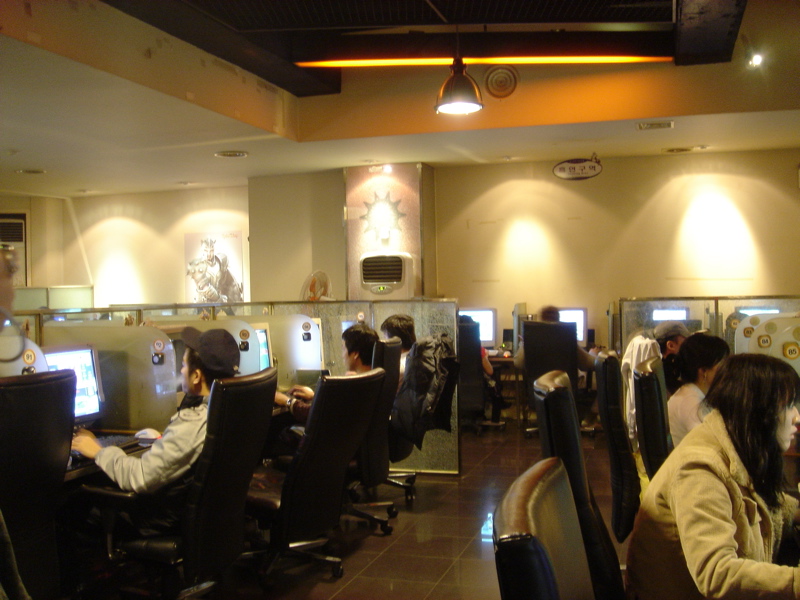The Peninsula
Welfare vs. Growth Debate Over Korea’s Gaming Industry

This briefing comes from Korea View, a weekly newsletter published by the Korea Economic Institute. Korea View aims to cover developments that reveal trends on the Korean Peninsula but receive little attention in the United States. If you would like to sign up, please find the online form here
What Happened
- World Health Organization (WHO) designated video game addiction as a mental health disorder.
- South Korea’s Ministry of Culture, Sports, and Tourism (MCST) opposed the adoption of the new WHO classification.
- Meanwhile, the Ministry of Health and Welfare (MOHW) supported the classification as a step towards systematically addressing a public health issue.
- MOHW announced it will organize a public forum with the MCST, parent groups, and other civic organizations to discuss the designation in greater detail.
Implications: The inter-ministerial conflict over video game addiction is part of a broader public policy discussion on the costs and benefits of regulating lucrative export industries. South Korea is not the only country engaging in this debate, but the issue carries greater intensity in the country sue to its heavy dependence on external trade and high domestic internet penetration rate.
Opposing the WHO’s designation, the MCST did not directly raise any economic concerns but instead highlighted its position that the UN agency provided insufficient medical evidence. By contrast, the MOHW pointed out that identifying side effects of gaming and working to address these issues could strengthen the domestic gaming industry. This speaks to the underlying concern that the gaming industry may become less competitive if it is asked to pay more taxes to pay for programs to treat gaming addiction.
The respective responses from the ministries reflected the twin anxieties in modern South Korea: the search for the next growth sector and a strong desire for a healthy society. It will be curious to see how other ministries position themselves in this debate.
Context: Although it attracts less attention than K-pop, Korea’s gaming industry brings in greater revenue for the country. According to the latest statistics from the Korea Creative Content Agency, gaming exports increased 80.7 percent to USD 5.9 billion in 2017. But most of this growth came from Korea’s exports to Chinese-speaking consumers: approximately 60 percent of the sales that year. China is also amidst efforts to regulate gaming in the country and the WHO classification will likely allow the government to intensify its control over the sector. This may have negative implications for South Korea’s gaming exports to the country.
Korea View is edited by Yong Kwon with the help of Haram Chung, Yea Ji Nam, Steven Lim, and Haeju Lee.
Picture from user Rob Fahey on flickr
